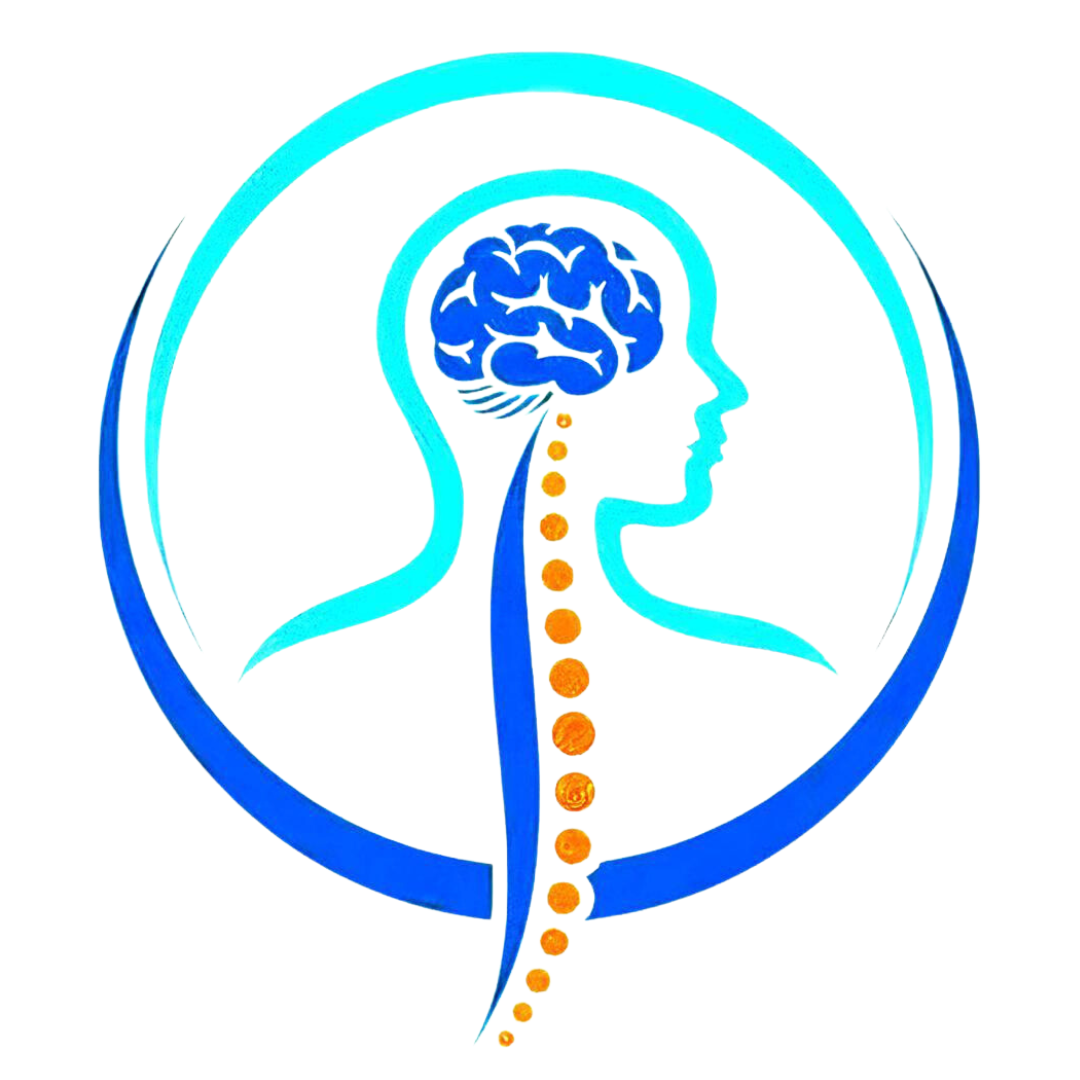Meningitis and encephalitis are both serious neurological conditions that involve inflammation of the brain and surrounding tissues. They have overlapping symptoms but affect different areas of the central nervous system. Here's an overview of each condition:

Meningitis:
Meningitis is the inflammation of the meninges, which are the protective membranes covering the brain and spinal cord. It can be caused by infections, primarily bacterial or viral, but it can also result from non-infectious causes such as certain medications or autoimmune disorders.
Diagnosis and Treatment:
- Diagnosis involves a combination of medical history, physical examination, and analysis of cerebrospinal fluid (obtained through a lumbar puncture or spinal tap).
- Treatment of bacterial meningitis involves intravenous antibiotics and hospitalization. Viral meningitis is generally managed with supportive care, as antibiotics are ineffective against viruses.
Causes:
- Bacterial Meningitis: This form is caused by bacterial infections, most commonly Streptococcus pneumoniae, Neisseria meningitidis, and Haemophilus influenzae. It's a medical emergency and requires urgent treatment.
- Viral Meningitis: This type is usually less severe than bacterial meningitis and is caused by various viruses, including enteroviruses (most common), herpes simplex virus, and others.
- Fungal and Non-Infectious Meningitis: In rare cases, fungi, parasites, and non-infectious causes (such as certain medications or autoimmune reactions) can lead to meningitis.

Symptoms:
- Common symptoms include fever, severe headache, neck stiffness, sensitivity to light (photophobia), and altered mental status.
- Other symptoms can include nausea, vomiting, confusion, irritability, and a rash (in bacterial meningitis caused by Neisseria meningitidis).
Encephalitis:
Encephalitis is inflammation of the brain itself, often caused by viral infections. It can affect brain function and result in various neurological symptoms.

Diagnosis and Treatment:
- Diagnosis involves medical history, physical examination, brain imaging (CT or MRI), and analysis of cerebrospinal fluid.
- Treatment depends on the cause. Viral encephalitis may be managed with antiviral medications, while autoimmune encephalitis might require immunosuppressive therapies.
Causes:
- Viral Encephalitis: The most common cause is viral infections, such as herpes simplex virus (HSV), West Nile virus, and Japanese encephalitis virus.
- Autoimmune Encephalitis: In some cases, the immune system mistakenly attacks brain cells, leading to autoimmune encephalitis.
Symptoms:
- Symptoms can range from mild to severe and may include fever, headache, confusion, changes in personality, seizures, and neurological deficits.
- Severe cases can lead to altered consciousness, coma, and even death.

